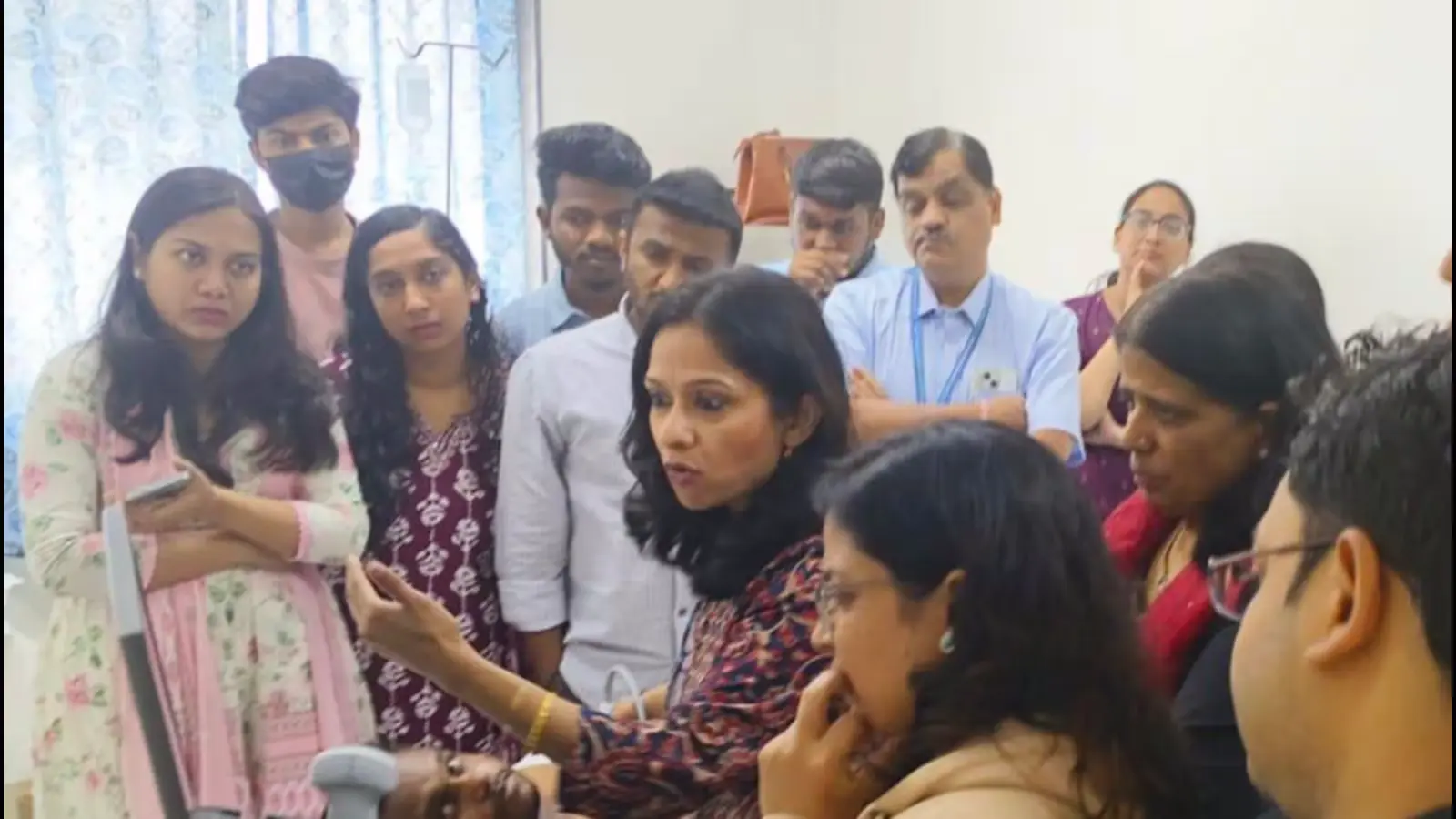Thinking is one of the primary functions of conscious brain and the process itself is continuous unless we focus on stopping the thoughts from forming. Overthinking on the other hand is complained when an individual is continuously analysing and building scenarios over something. Most people feel they are exhausted because of thinking all the time, analysing and categorising experiences, interpreting and projecting them and re running the same or alternate projections. This is called obsessive rumination and is particularly prominent in anxious people. The consequences can be from lack of concentration to inability to enjoy the present and is often associated with anxiety and mood disorders. The performance at work thus declines, interpersonal relationships suffer and productivity is reduced.
Therefore, relaxation and mediation practices are recommended to still the mind. But it’s easier said than done. People with this problem are so habituated to it, that in any given scenario, the processes of analysis, interpretation and projection become automatic and oftentimes people don’t know if there is any other way. Seeking professional help us thus advisable because changing a patterns takes time and an exhausted mind is also impatient and impulsive.
One needs to first acknowledge the problem and need to consciously decide to change. It’s like promising yourself to change a habit like smoking or drinking. Next step is to draw a plan, like as soon as one realised that one is stuck on a thought or a scenario, one needs to tell oneself to stop. It will take more than one attempt to do that, so patience and consistency are the key. One may take help of a friend or family member also, asking them to distract them or indulge in a creative activity that one enjoys. Physical exercise, dance, music and art help too. At work also, if one feels one is repeatedly thinking of the what and how instead of doing it, write down the thoughts once and then keep them aside, telling oneself to get back to the process if a new scenario turns up.
Detaching oneself from the outcomes of a process is age old wisdom of Bhagwat Geeta which serves the essence of this exercise. Focus on the works and not the rewards, and if one is able to do that, reward will automatically come.
The author is a Senior Psychiatrist and Founder & Director of ‘Manasthali.






















